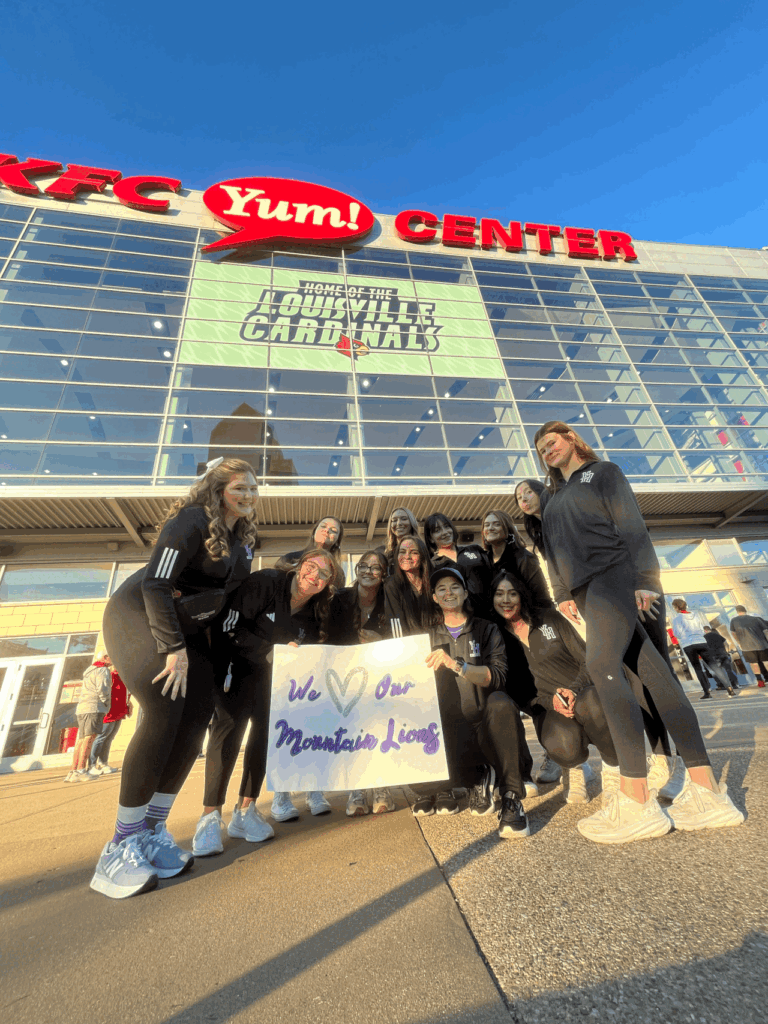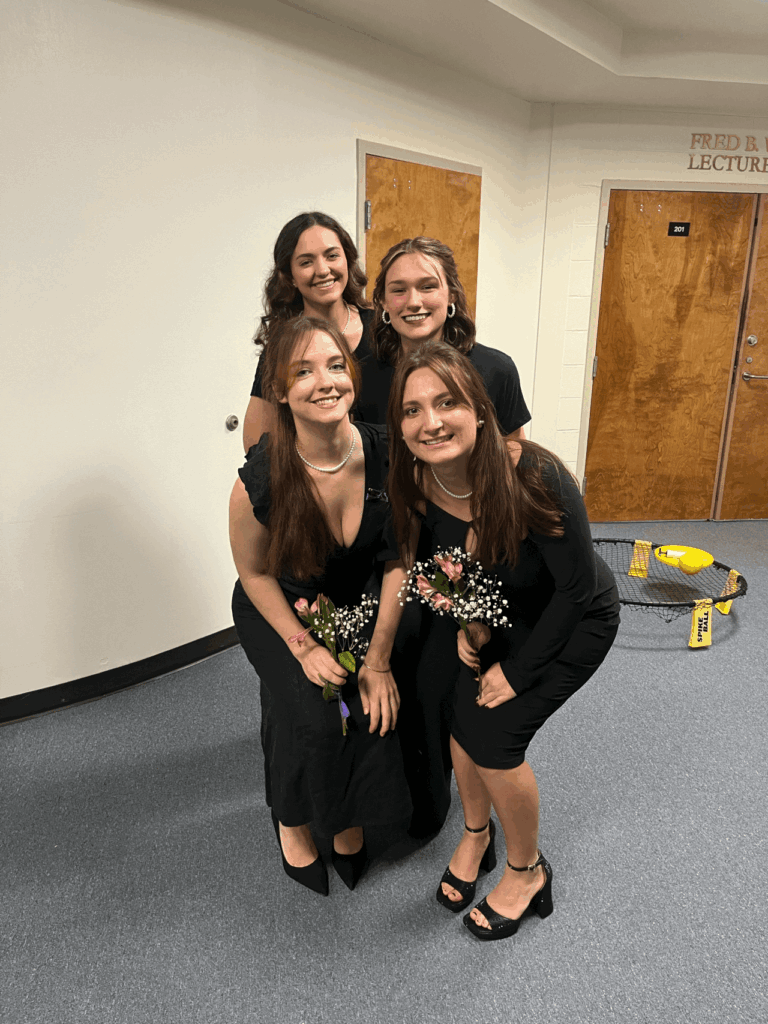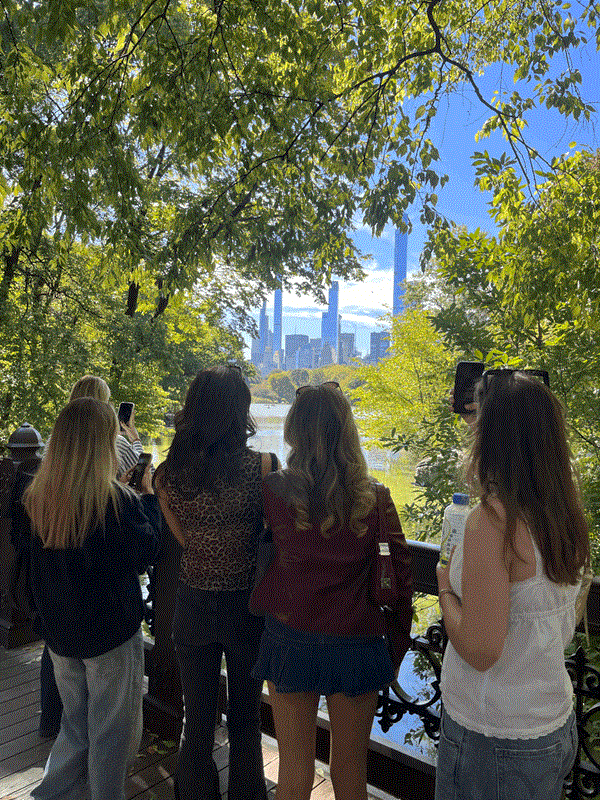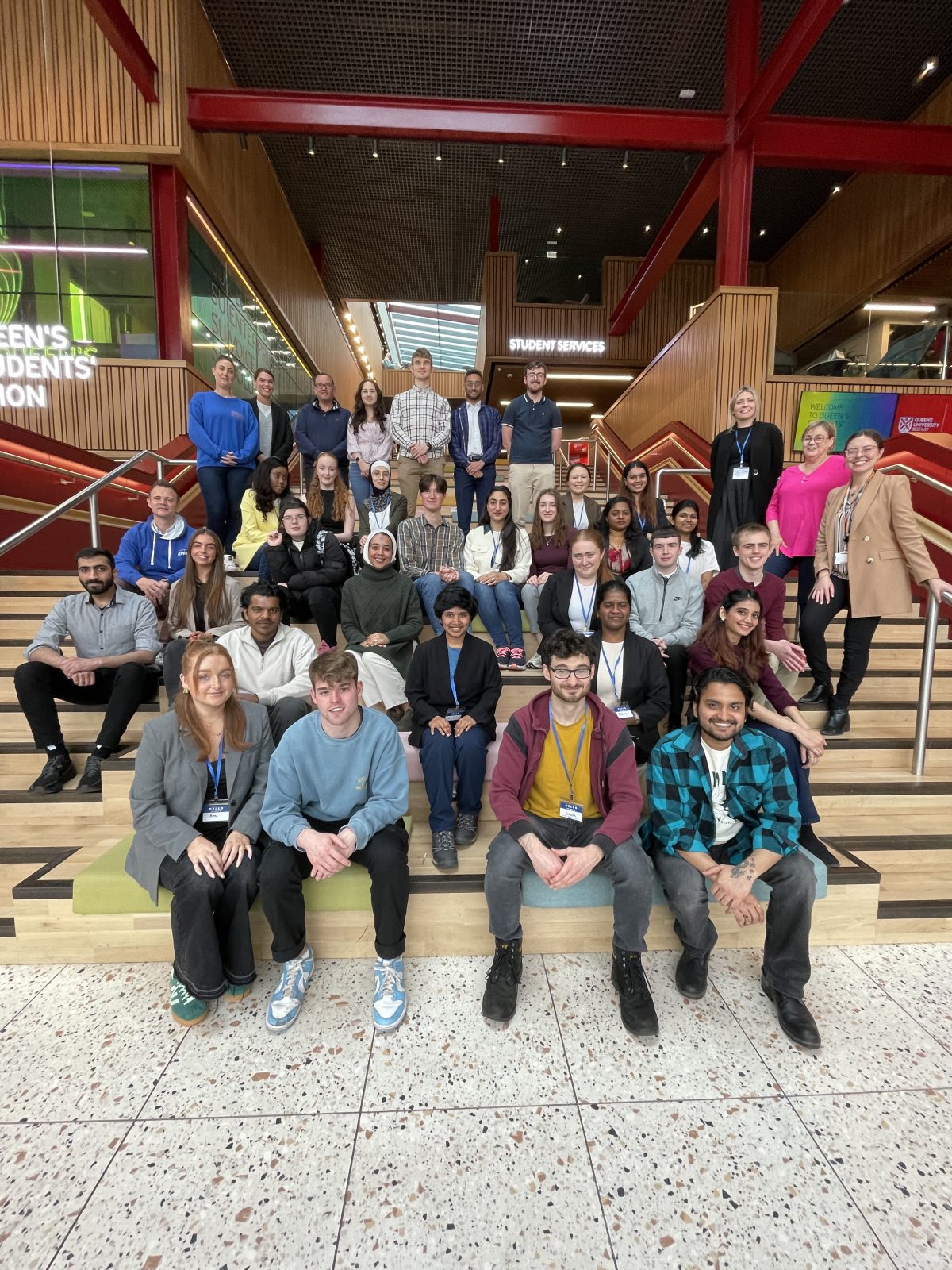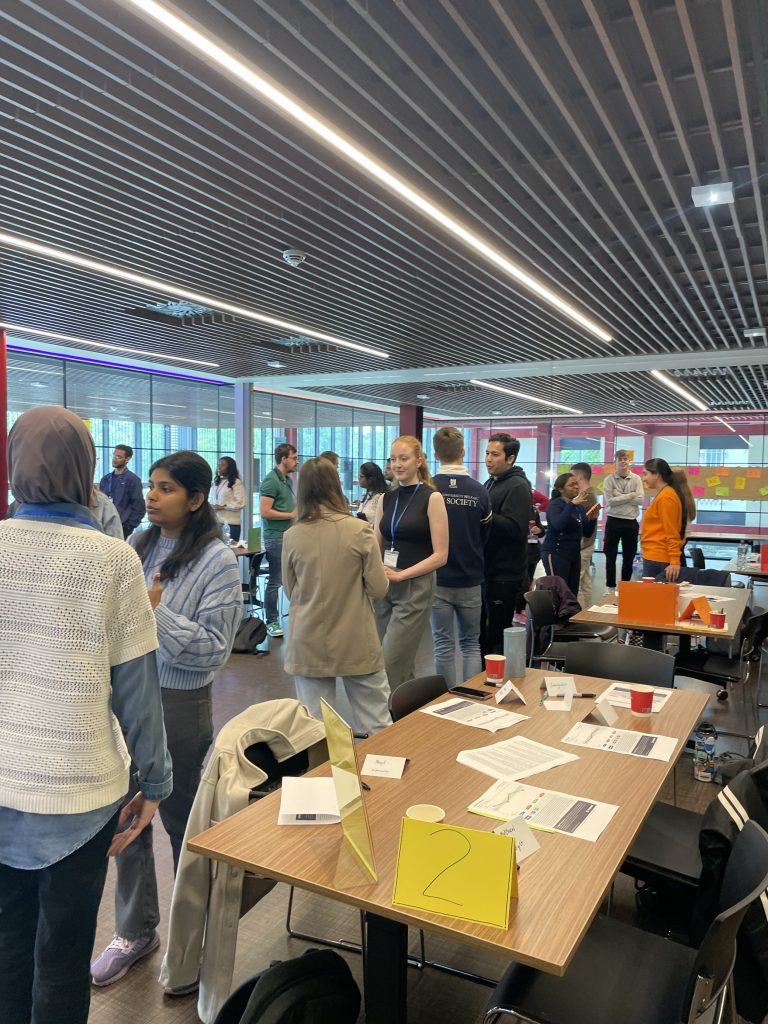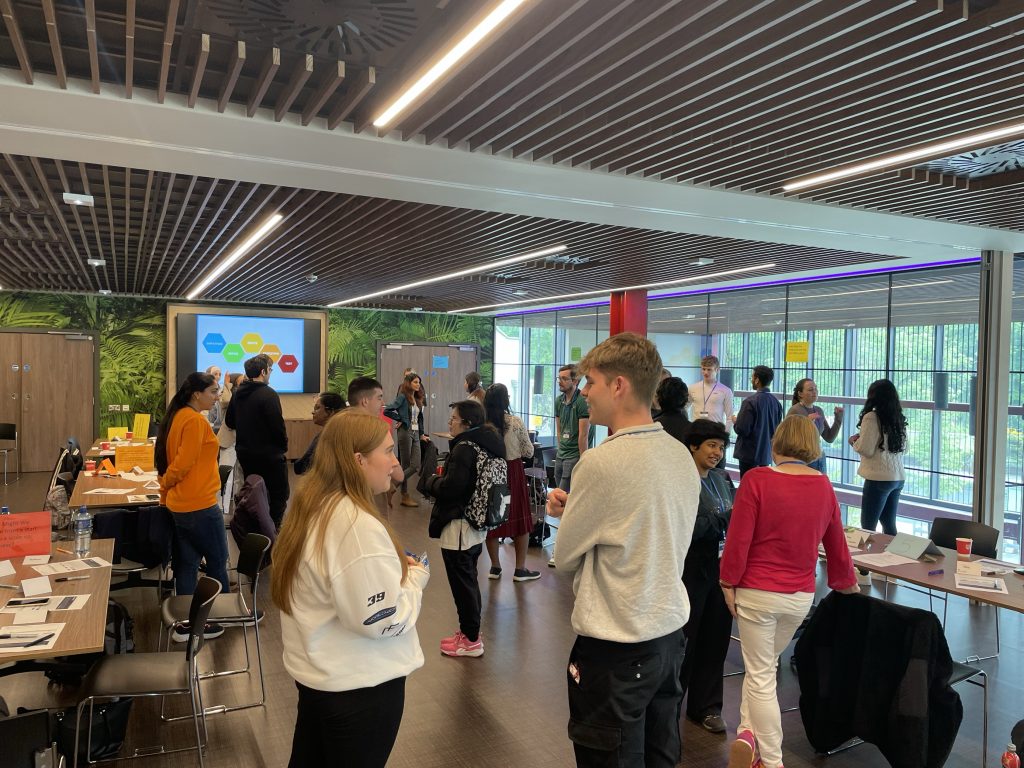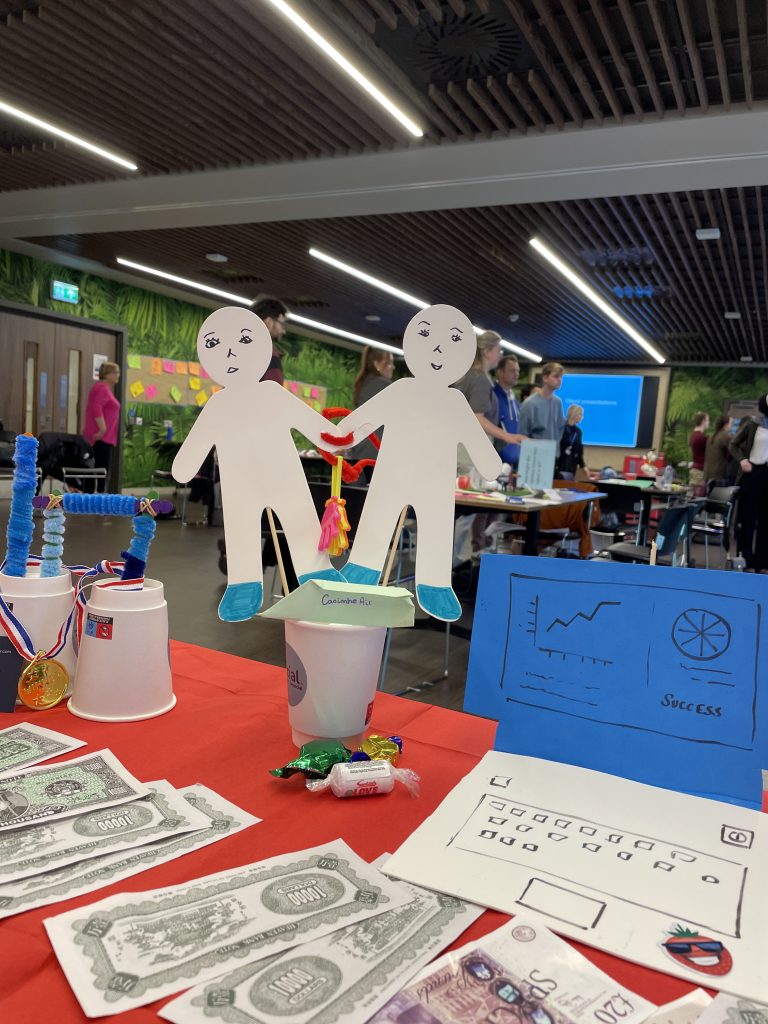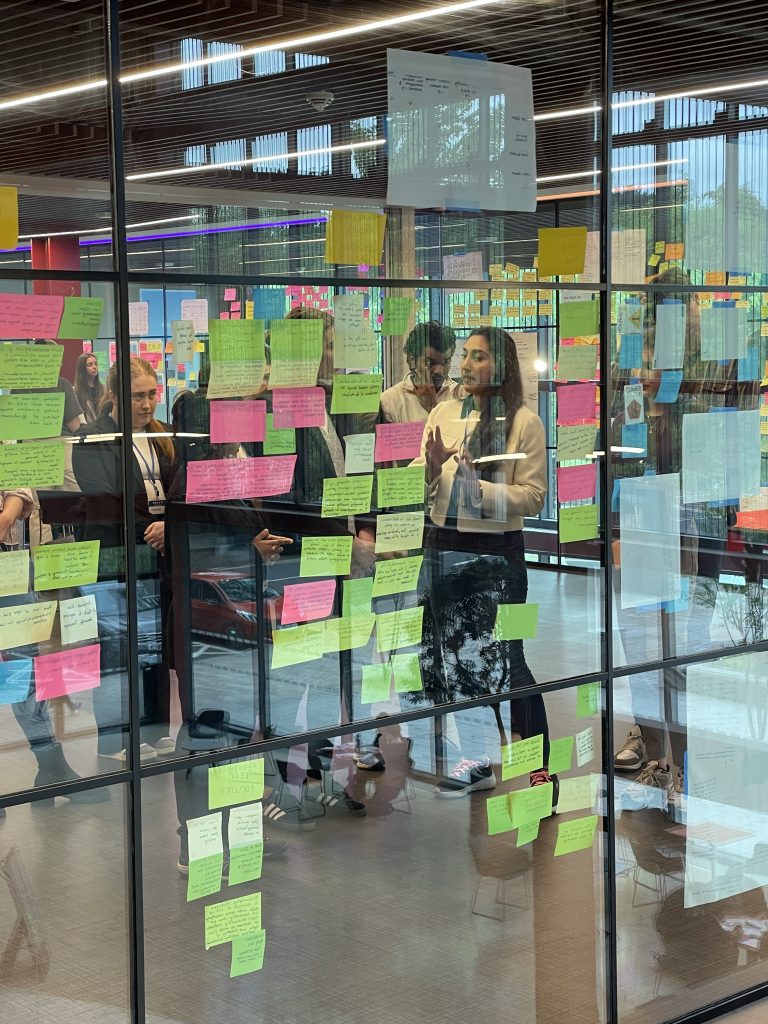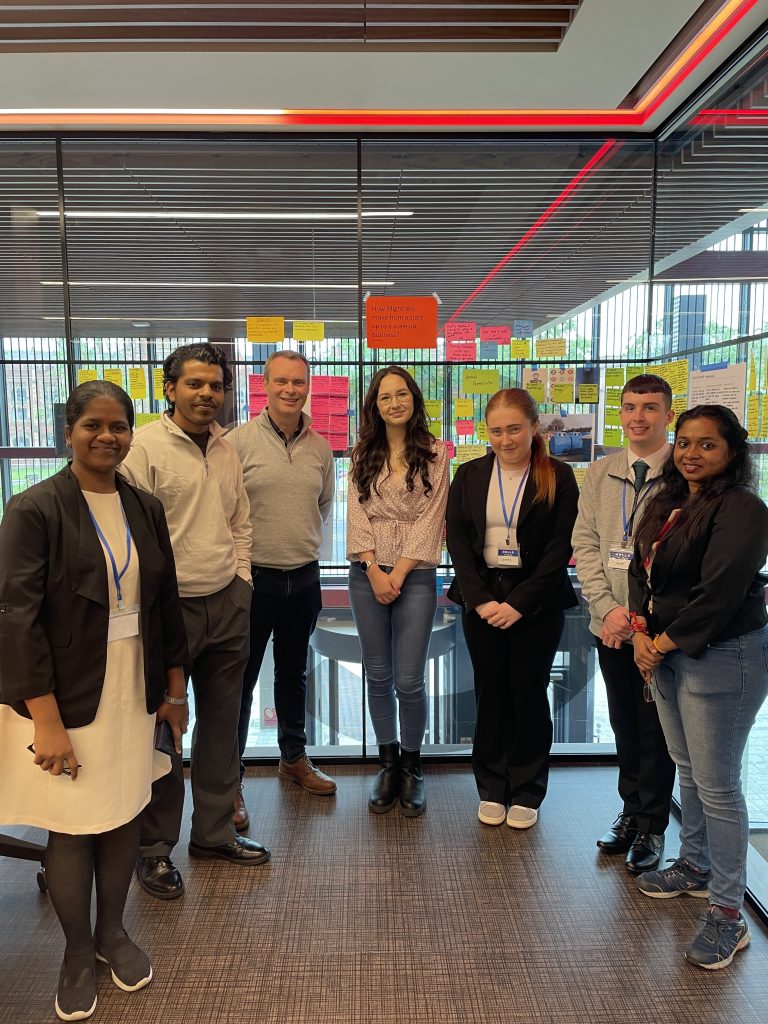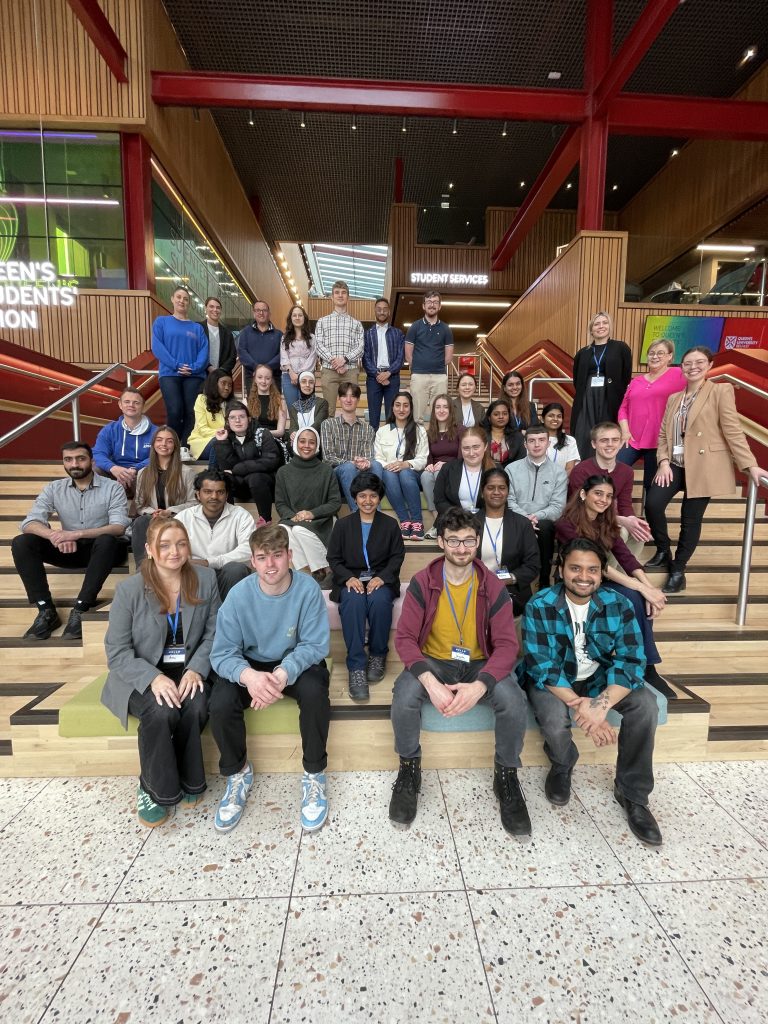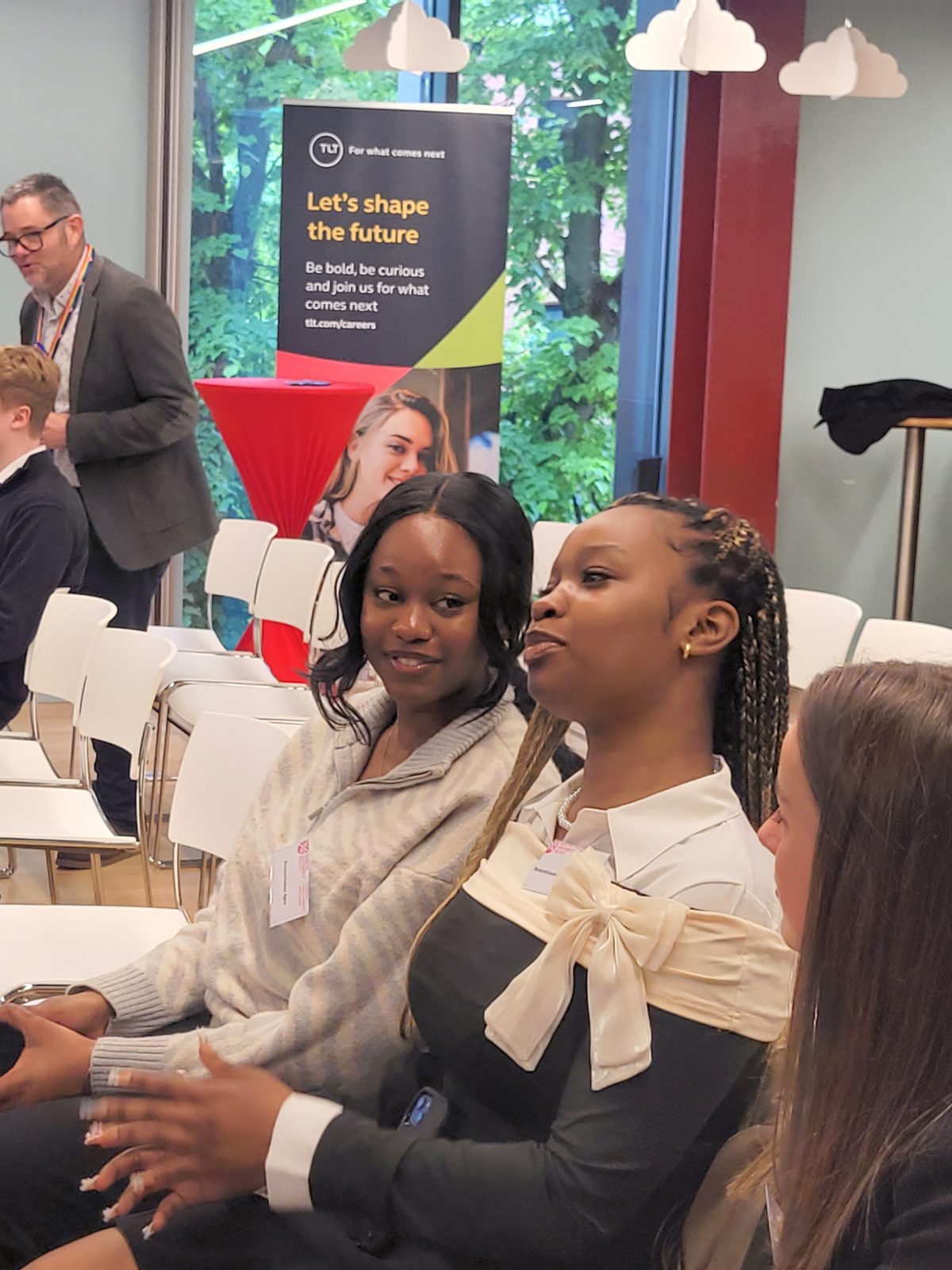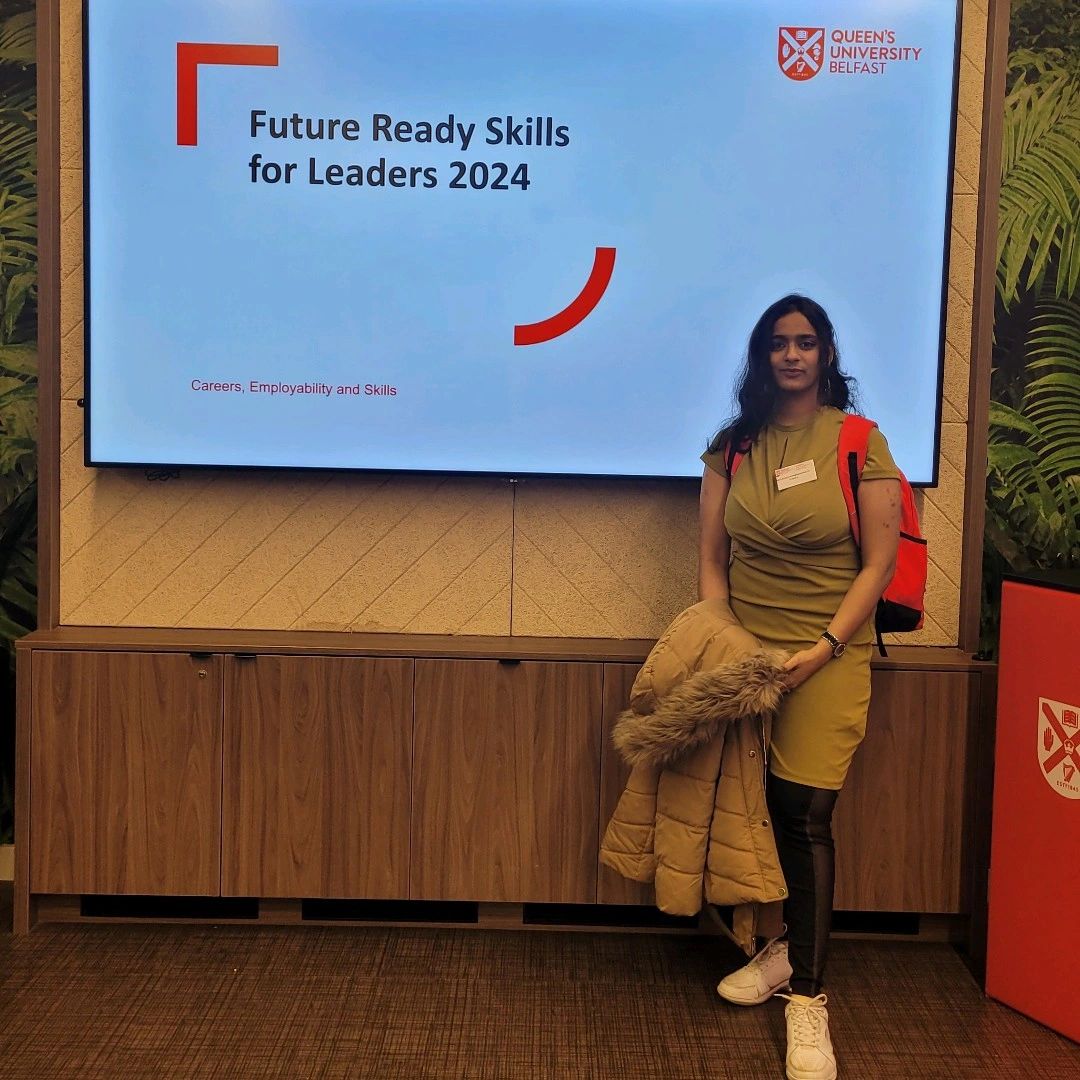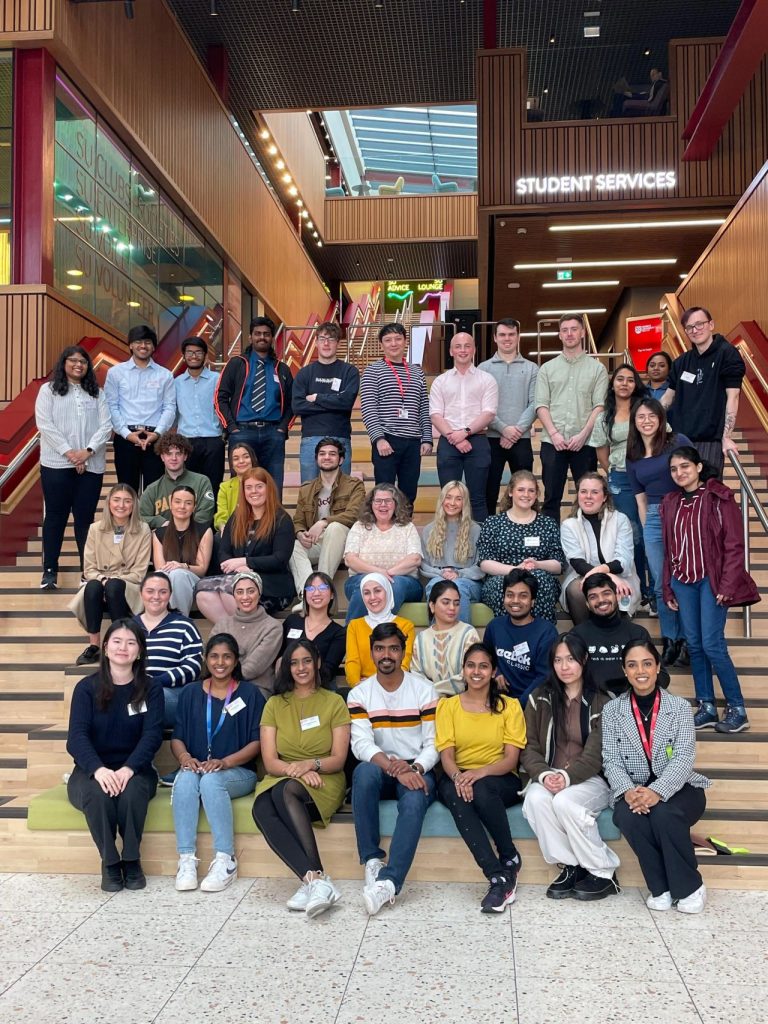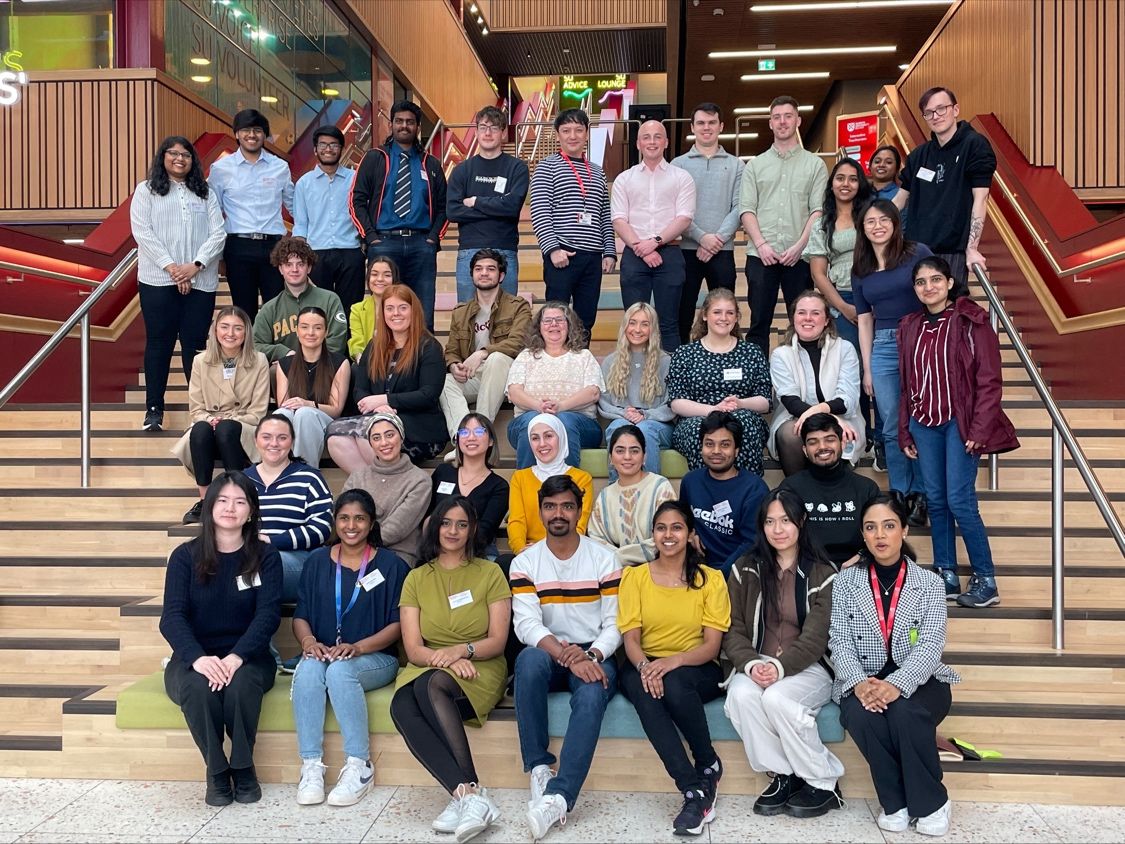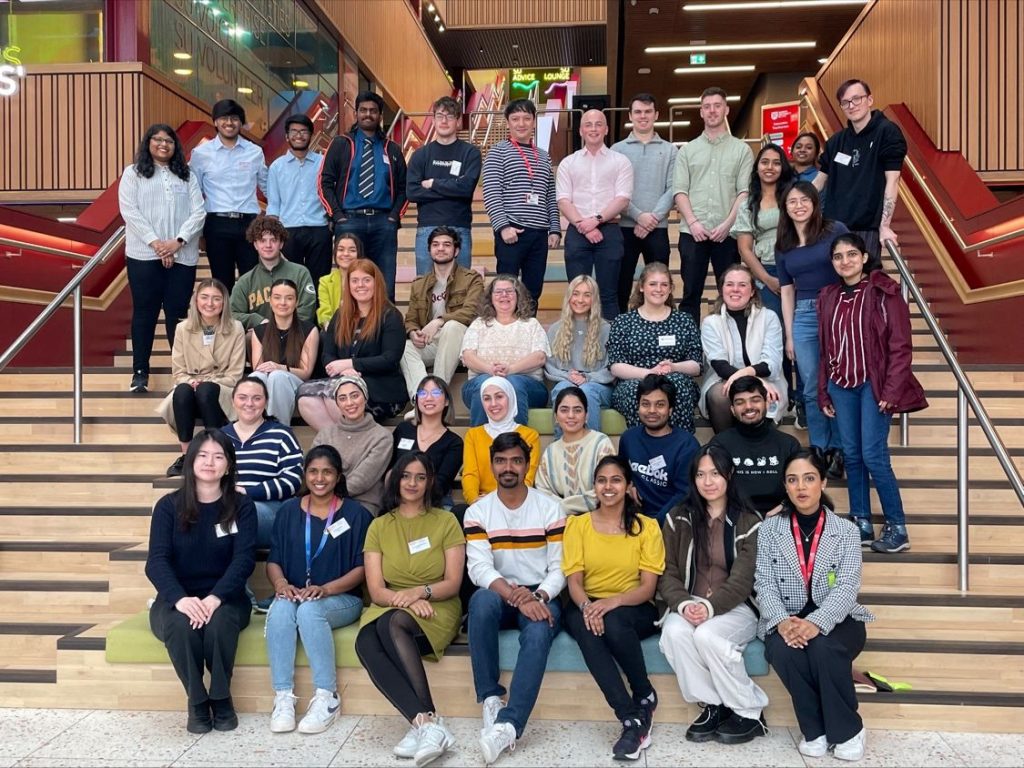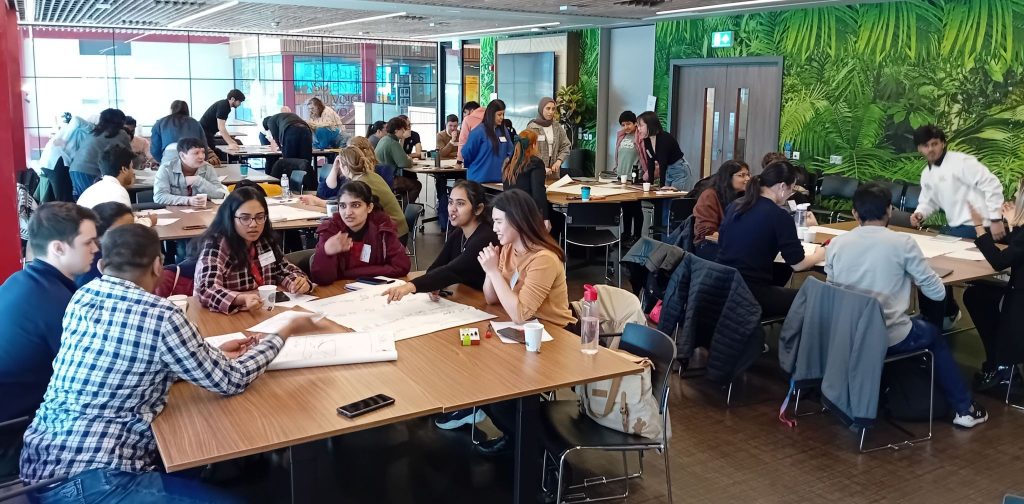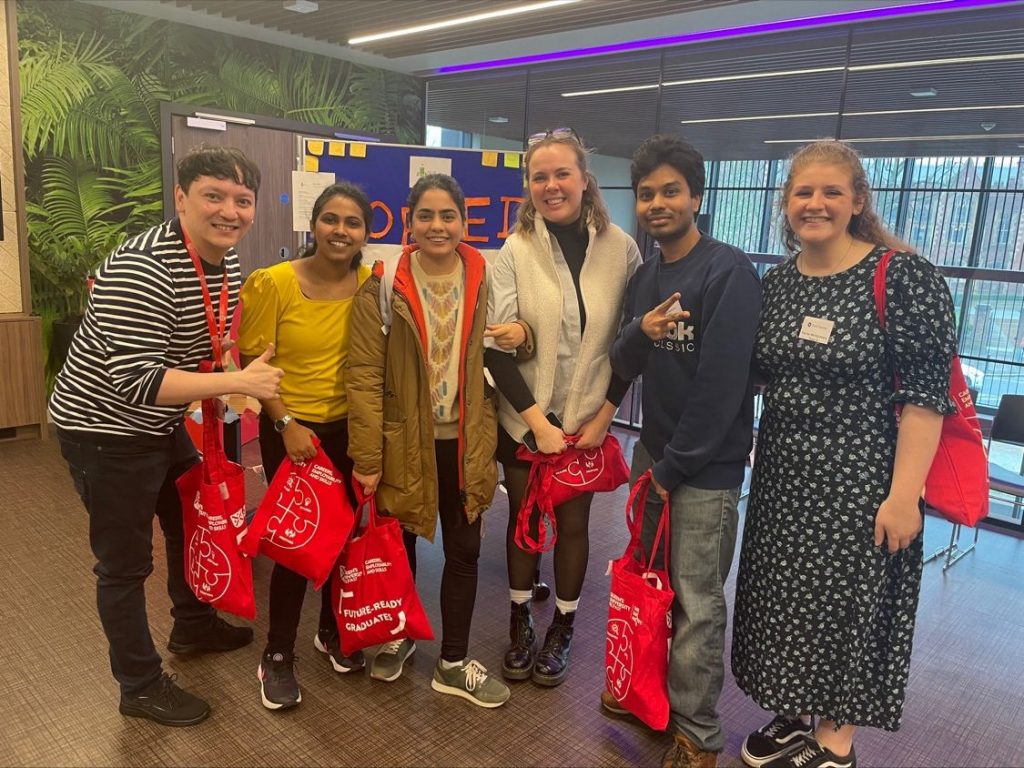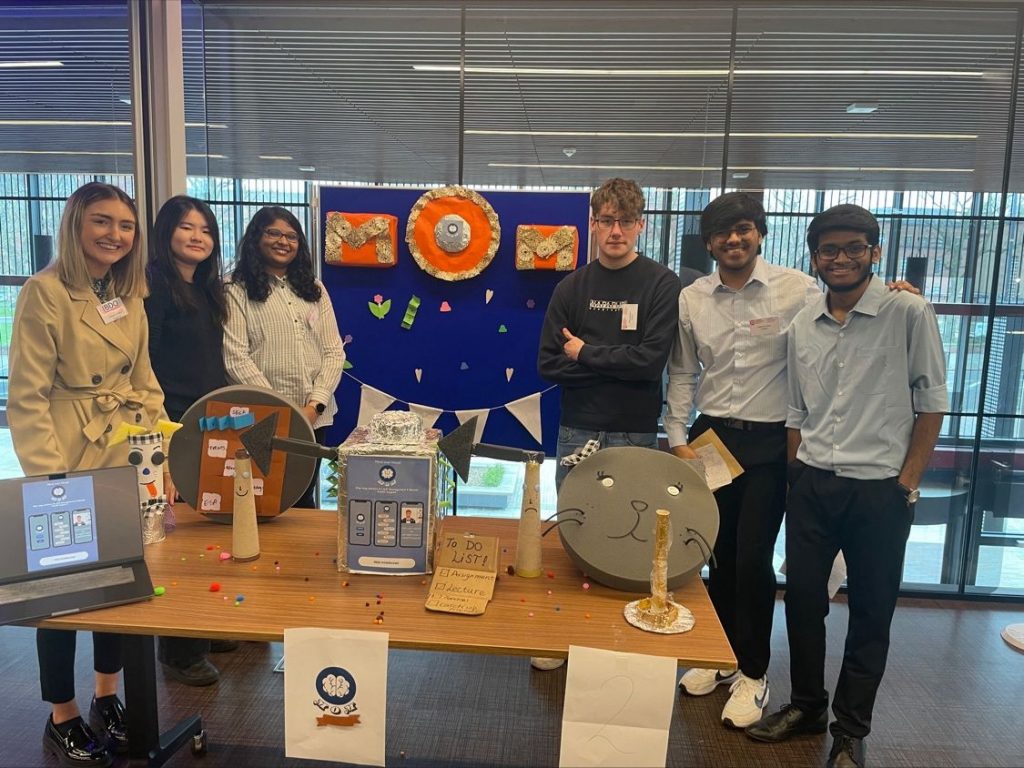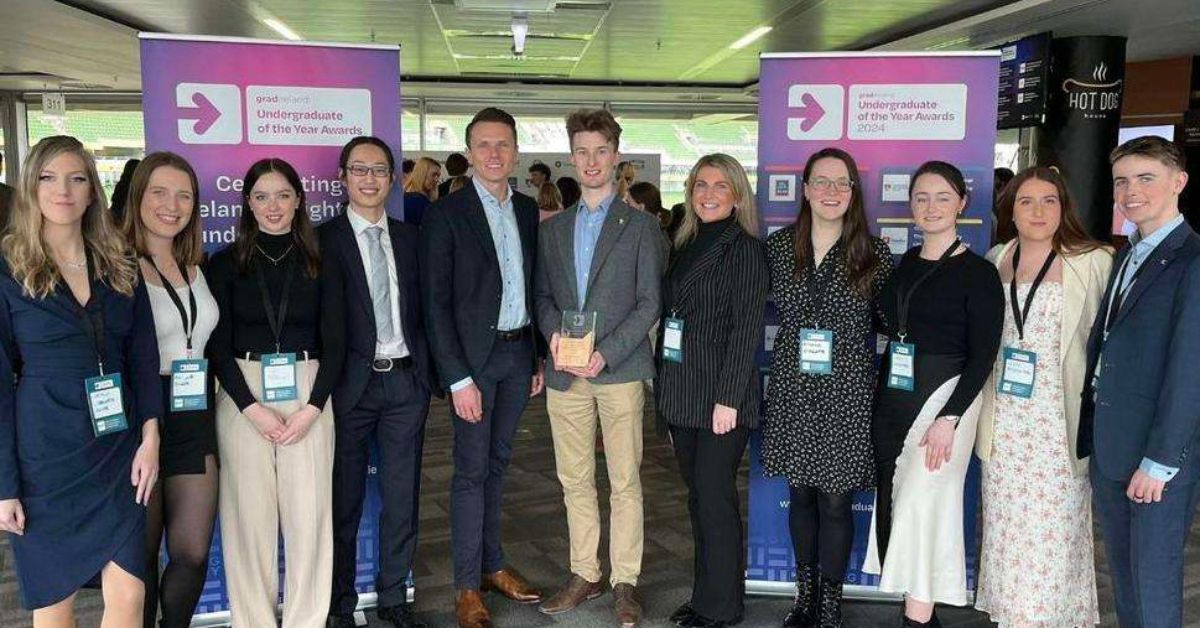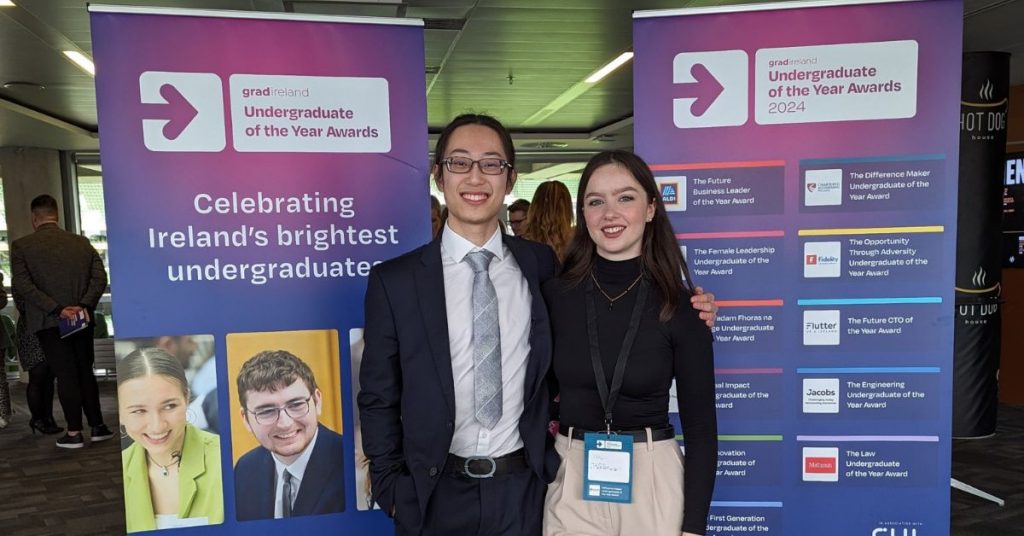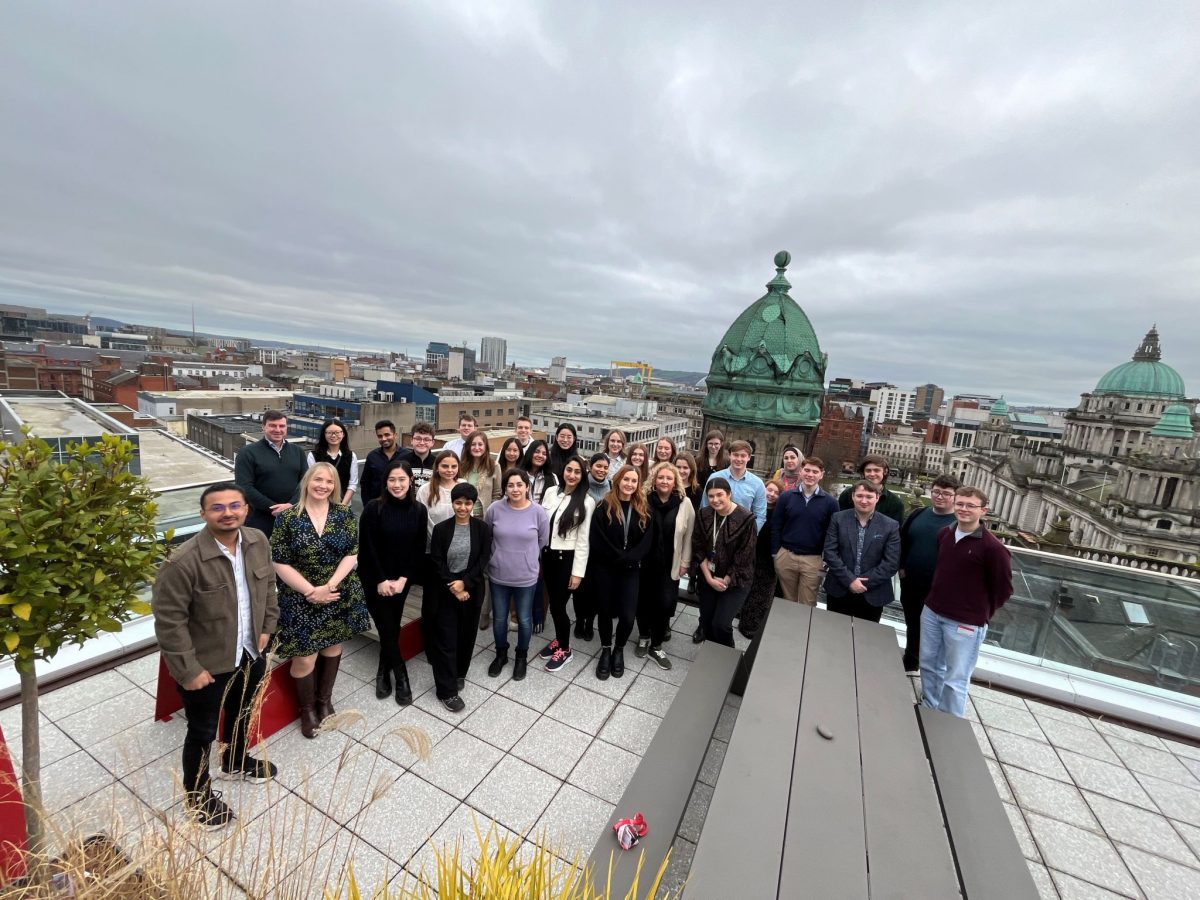Queen’s student Annie Ní Néill who is currently taking part in the Study USA program tells us all about her recent adventures. Take it away Annie…
After a busy October I’m over the halfway point of semester one on my Study USA program! This month has been non stop and here are some of the highlights.
Travel
I went to a Fred Again concert in Atlanta, GA where I met a fellow student on the Study USA program. From Atlanta we flew to New York City and met four other students on the program, we explored the city, had the time of our lives and made memories we will never forget thanks to the British Council. I supported Young Harris College Men’s Basketball Team playing University of Louisville’s Cardinals at the KFC Yum! Center in Louisville, KY with the cheer team. I also visited friends in Athens, GA for Halloween that attend The University of Georgia.
Extracurriculars
Delta Phi Epsilon
We had a “Pink Out” day in honour of Breast Cancer Awareness Month. We wore pink clothing to promote awareness and engagement with this important cause.
I ran a charity fundraiser “Slime A Sister” alongside the new members of our sorority to raise funds for the Cystic Fibrosis Foundation. Here people could paint a pumpkin and/or slime a sister with pumpkin “guts”. This fundraiser was very successful in raising funds and awareness for Cystic Fibrosis. I met my “Big” and other members in my line and got initiated as a member of the Delta Phi Epsilon Sorority Zeta Zeta chapter after completing my six week new member program.
Cheer:
I started practicing and learning cheers with my fellow cheerers! And I was fortunate enough to receive two cheer “Bigs” to help me throughout my journey. I cheered at my first game during my college’s “Purple Out” basketball games.
I’ve also been studying hard in all my classes like gathering photos of mushrooms for a collection as part of my mycology class.
It’s been: Go! Go! Go! but I’m incredibly grateful for this opportunity and wouldn’t want it any other way!
Annie Ní Néill is a Biological Science Student and Global Student Ambassador at Queen’s University Belfast.
About Study USA:
The Study USA programme is run by the British Council Northern Ireland and involves one academic year studying at a US university or college.
Benefits of Study USA
The scholarship funding package (worth approximately £50,000) includes:
- Tuition fees are paid by the participating US colleges and universities.
- Term time accommodation on campus
- A generous text book allowance
- A full meal plan
- One return flight to the US
- A £1000 bursary paid directly to all students (NEW FOR 2025/26)
The Study USA applications 2025-2026 deadline for higher education is open until 11:59pm on Sunday 10 November 2024.
Find out more and apply.
https://nireland.britishcouncil.org/opportunities/study-usa
